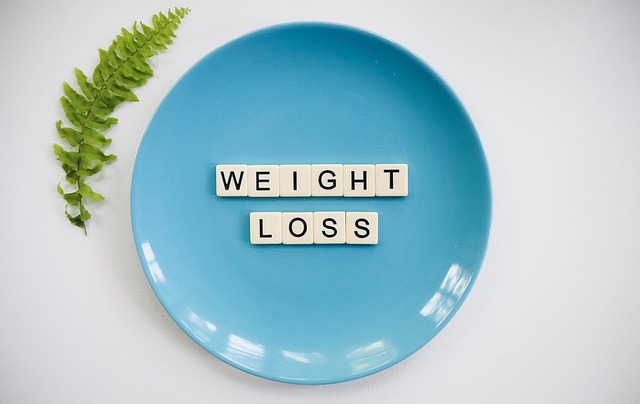Effective Weight Loss Tips for a Healthier You
Are you tired of trying fad diets and exercise routines that promise quick weight loss, only to be left disappointed and frustrated? Losing weight can be a challenging and daunting task, but with the right approach, you can achieve your goals and maintain a healthy weight. In this blog post, we will provide you with effective weight loss tips that are backed by science and easy to follow.
Setting Realistic Goals
Before starting your weight loss journey, it is essential to set realistic goals. This means being honest with yourself about how much weight you want to lose and how quickly you can achieve it. Aiming to lose 1-2 pounds per week is a safe and sustainable goal. It may not be as exciting as losing 10 pounds in a week, but it is a more maintainable and healthy approach. Write down your goals and track your progress to stay motivated and focused.
Creating a Healthy Diet Plan
Eating a healthy and balanced diet is crucial for weight loss. Focus on whole foods such as fruits, vegetables, whole grains, lean proteins, and healthy fats. Avoid sugary drinks, fast food, and processed snacks that are high in calories and low in nutrients. Drink plenty of water throughout the day to stay hydrated and help control hunger. Here are some healthy food options to include in your diet plan:
- Leafy greens such as spinach, kale, and collard greens
- Berries such as blueberries, strawberries, and raspberries
- Nuts and seeds such as almonds, walnuts, and chia seeds
- Fatty fish such as salmon, tuna, and sardines
- Sweet potatoes, brown rice, and quinoa
Exercising Regularly
Regular exercise not only helps you lose weight but also improves your overall health and well-being. Aim to do at least 150 minutes of moderate-intensity exercise or 75 minutes of vigorous-intensity exercise per week. You can also incorporate strength training, high-intensity interval training (HIIT), and other forms of exercise to keep things interesting and prevent plateaus. Here are some exercise tips to get you started:
- Start with short sessions and gradually increase the duration and intensity
- Vary your routine to avoid boredom and prevent overuse injuries
- Find a workout buddy or join a fitness class to stay motivated and accountable
- Listen to your body and rest when needed to avoid burnout and injury
Managing Stress and Sleep
Stress and sleep are two critical factors that can impact your weight loss journey. Chronic stress can lead to overeating and weight gain, while poor sleep can disrupt hormones that regulate hunger and fullness. Practice stress-reducing techniques such as meditation, yoga, or deep breathing exercises to manage stress. Aim to get 7-9 hours of sleep per night to help regulate your appetite and support weight loss.
Staying Motivated and Accountable
Staying motivated and accountable is crucial for long-term weight loss success. Share your goals with a friend or family member and ask for their support. Join a weight loss community or find a workout buddy to stay motivated and accountable. Celebrate your successes and don’t be too hard on yourself when you encounter setbacks. Remember that losing weight is a journey, and it’s normal to experience ups and downs along the way.
Conclusion
Losing weight is not just about following a diet or exercise routine; it’s about adopting a healthy lifestyle that you can maintain in the long term. By setting realistic goals, creating a healthy diet plan, exercising regularly, managing stress and sleep, and staying motivated and accountable, you can achieve your weight loss goals and maintain a healthy weight. Remember to be patient, stay consistent, and celebrate your successes along the way.



